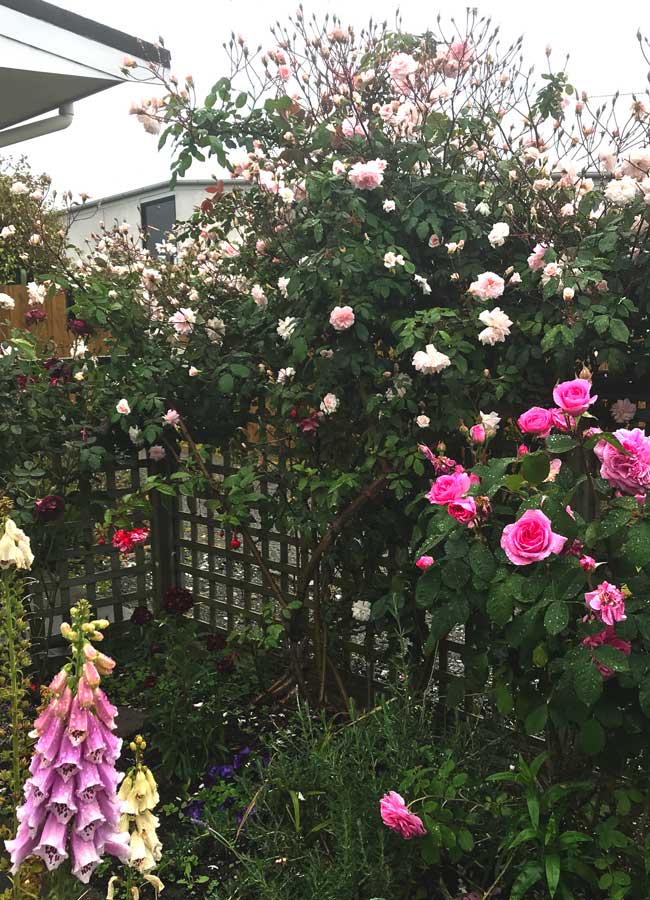Kia ora koutou,
Its always interesting to think about the division between work and play. Work started off being eight hours a day at the woollen mills and the bus trip each way added another two hours to that when you took into account I had to walk from home to the bus stop and back each day.
That I had to clean the house on Sundays wasn’t regarded as work. It was my job just like my sister cooked the Sunday roast and my brother chopped kindling for the week and cleaned and polished all the shoes. These were just thing you did because, according to my mother, they were our share in the ongoing upkeep of the house.
At age seventeen, one Saturday morning in 1946, I marched up Emerson Street, Napier, laughing, singing, yelling, because the forty hour week had been brought into law. How innocent I was, how innocent we all were, we thought it was forever, that something really special had been achieved for workers. A whole weekend to oneself and one’s family was considered to be a good thing both for a individual’s health and for the family. Except of course for nurses, housekeepers and cleaners.
Rose didn’t believe the 40–hour week applied to the Sunday jobs and she was right. They weren’t paid jobs but they had a payoff because doing them made our lives easier through the following week.
Rose considered everyone should be taught to work. Work was inevitable, you might as well learn to do it properly and you might as well learn that it was always there. Houses didn’t stay clean, neither did shoes, and in her view, we had a right to a good Sunday midday meal (even when the meat she could afford was gristly and tough) so the oven had to be heated and that needed kindling to start the fire.
I’ve had a fairly wide experience of work from cleaning houses to teaching kids who didn’t want to be taught, or thought they didn’t until I convinced them otherwise. Working in theatre meant cleaning the dunnies and serving time on committees but it also meant I learned about dialogue and what worked and what didn’t. I already had a good ear for the way people spoke but now I learned that real dialogue would never work on stage, what the stage needed was the semblance of real dialogue which means it sounds real or looks real but it has all the unnecessary ums, aha and yeah buts, taken out, unless you’re aiming to show a certain kind of character and even then you have to be very sparing.
Writing is infuriating, confusing, totally irritating. Its demanding, intransigent and often so extremely annoying I feel like chopping up the computer and chuckinng the bits over the fence into Nga Purapura’s lovely wee bit of green and trees next door, all saying,’Don’t hold back, tell us how you really feel, Renée.’
I never will because I know now that the work will lead me to the right path in the end. It always has and it always will. Its no good me getting huffy or contemptuous, writing does not care. It doesn’t care whether I’m ecstatically happy or sunk in the depths of despair either. It has me over a barrel because I care about putting words together in a way that drives, pleases, annoys or amuses me, but writing couldn’t care less. The words are there allegedly at my command but I’m the one who has to direct, curve, arrange, dismiss or make them dance. I’ve always liked dancing.
So finally those two opposites – work and play – have become one. Maybe they always were. Maybe I just had to wait until the Mistress of Ceremonies said, ‘Okay Renée, take your partner for the last dance,’ and I got lucky because there were Work and Play waiting and it would be mean to leave one standing there on its own, so the three of us danced together and hallelujah, my friends, look at us – still dancing.
Renée

